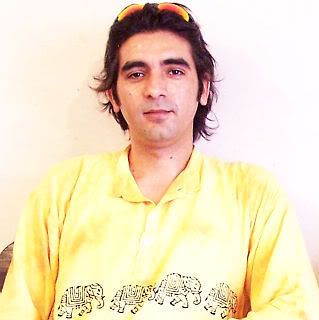
Dharm~Eva Hato Hanti, Dharmo Rakshati Rakshitah!
Tasma~Dharmo Na Hantvyo, Ma No Dharmo Hato~Vadhit!!
Dharm - Dharma
Eva - used to emphasis
-- Dharm~Eva - Dharma alone/Dharma indeed
Hato - Being killed/destroyed
Hanti - Kills/destroyes
Dharmo - From Dharma
Rakshati - To protect
Rakshitah - The protected one
Tasma - Hence/Therefore
Dharmo - From Dharma
Na - Not
Hantvyo - To kill/destroy
Ma - Do not
No - Nor
Dharmo - From Dharma
Hato - Being killed/destroyed
Vadhit - Killed
In my understanding here Manu is trying to state a fact rather than an advice.
The meaning I can get from this, is:
Dharma destroyed, destroys; Dharma protects, the protected.
Therefore, Dharma does not destroy, nor Dharma can be destroyed.
Infact Manu is trying to pull the "Dharm" out from protect-destroy, good-bad kind of trap.
If I try to compare this with Gravitational Force, I'll say:
If Gravitational Force is destroyed, everything on earth will fall apart; Gravitational Force keeps everything protected on earth. Neither Gravitational Force can be destroyed, nor does Gravitational Force destroy.
In my interpretation, Manu is just stating a fact that Dharm is an essence of everything. It is neither a philosophy, nor moral obligation, or religious doctrine, or some kind commandments, or any faith or belief.
Here one thing should be noted that Dharm and Dharan (and DhAran) comes from same root, which means 'Contain'. Thus it can be said (if I may say so):
Dharm is a name given to that essence, which contains everything, just like Gravitation is a name given to that force which hold everything on earth.
Comments are welcome!!!
